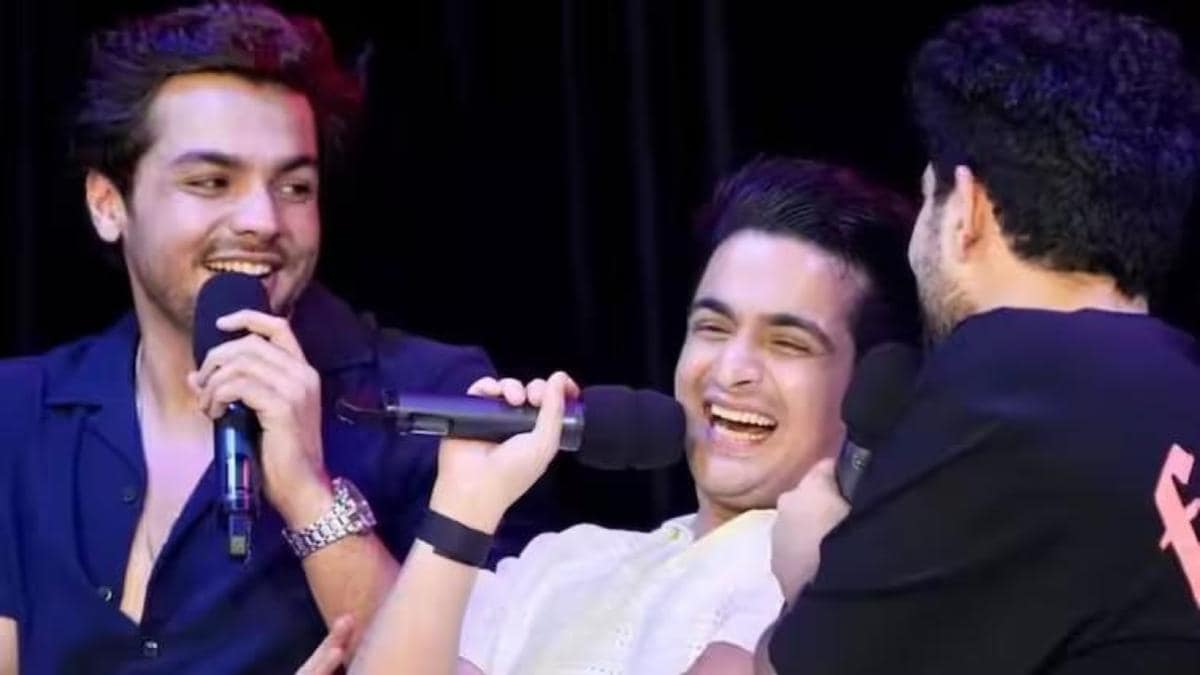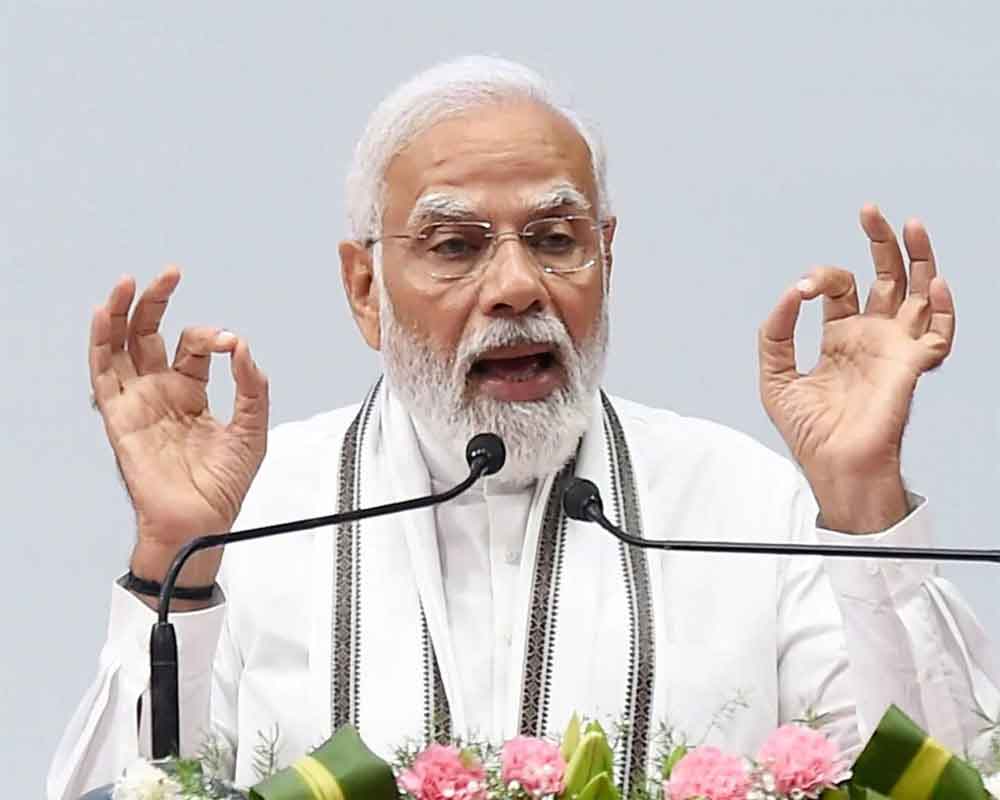A controversy has erupted around popular YouTuber Ranveer Allahbadia and other social media figures following a complaint filed with Mumbai police over allegedly offensive remarks made on the show India’s Got Latent. The complaint, lodged with the Mumbai Commissioner and the Maharashtra Women’s Commission, calls for legal action against Allahbadia, social media influencer Apoorva Makhija, comedian Samay Raina, and the show’s organisers.
 According to the complaint, the remarks, made during a YouTube episode, were obscene and disrespectful towards women, sparking widespread public outrage. The complainant alleges that the accused made inappropriate jokes about women’s private parts, seemingly to generate publicity and financial gain. The incident has ignited a broader conversation about responsible content creation and the ethical boundaries of humor on digital platforms.
According to the complaint, the remarks, made during a YouTube episode, were obscene and disrespectful towards women, sparking widespread public outrage. The complainant alleges that the accused made inappropriate jokes about women’s private parts, seemingly to generate publicity and financial gain. The incident has ignited a broader conversation about responsible content creation and the ethical boundaries of humor on digital platforms.
Allahbadia has since issued a public apology, acknowledging his lapse in judgment. In a video statement shared on social media, he admitted that his remarks were inappropriate and that comedy is not his strength. He expressed deep regret for his words, vowing to be more mindful in the future. He also requested the show’s creators to edit out the offensive portions and reassured his followers that he intends to use his platform more responsibly.
The complaint, however, suggests that the remarks were not merely accidental but part of a deliberate strategy to court controversy. It stresses the serious impact of such content on women’s dignity and its potential influence on young viewers. The complainant has called for criminal proceedings under the Indian Penal Code and urged authorities to register a First Information Report (FIR) against those involved.
Political and social leaders have also weighed in on the matter. Maharashtra Chief Minister Devendra Fadnavis stated that while freedom of speech is a fundamental right, it must be exercised with responsibility and within legal limits. Former National Commission for Women (NCW) Chief and Rajya Sabha MP Rekha Sharma condemned the remarks, highlighting their disturbing nature and the broader moral implications for today’s youth. Meanwhile, Shiv Sena spokesperson Raju Wagamare issued a strong warning, asserting that such language would not be tolerated in Maharashtra.
The unfolding controversy underscores the growing scrutiny of digital content and its impact on society. While Allahbadia’s apology has garnered some support, the legal proceedings and public discourse around the issue will likely continue to shape the conversation on ethical content creation in the digital age.




